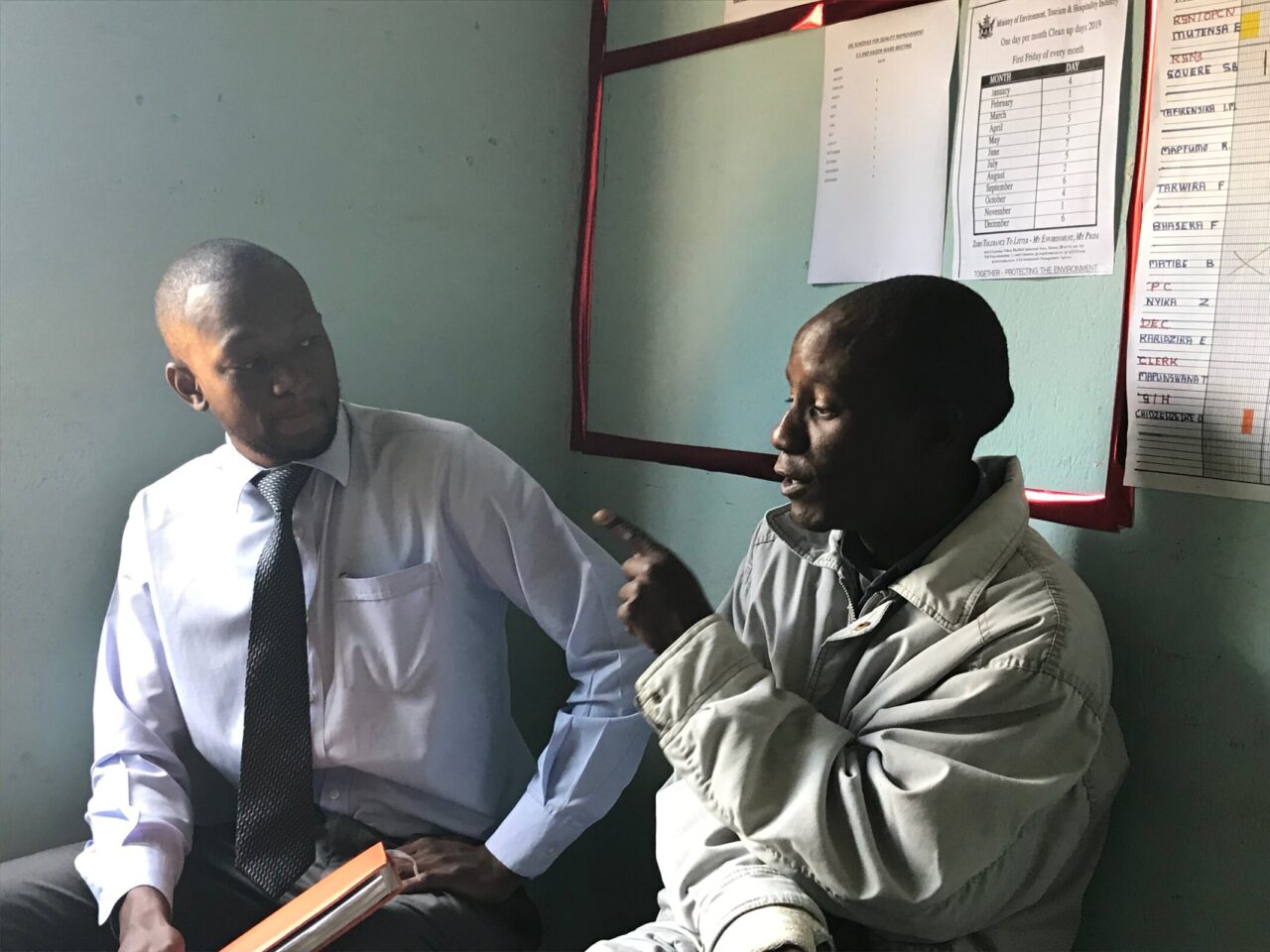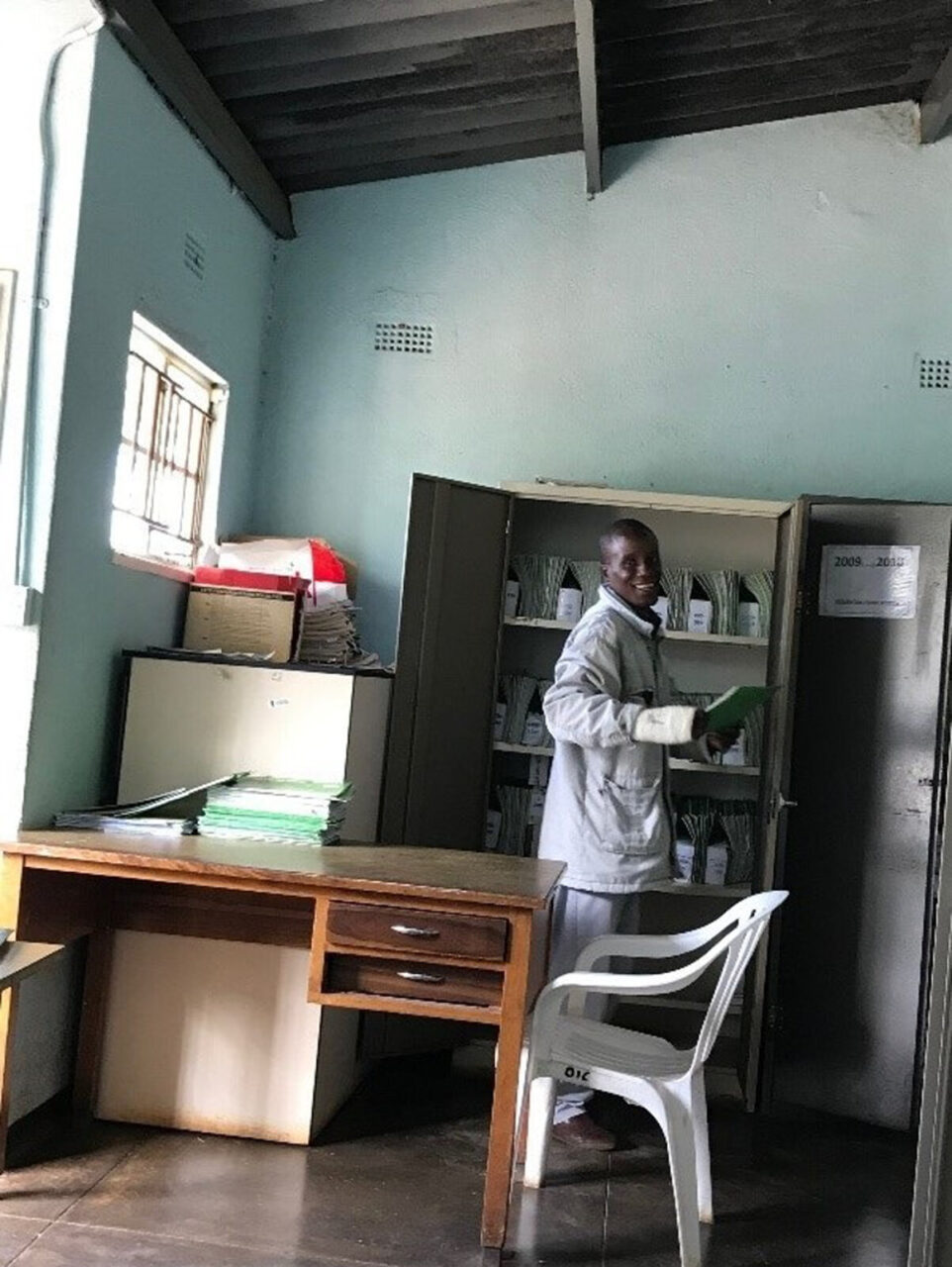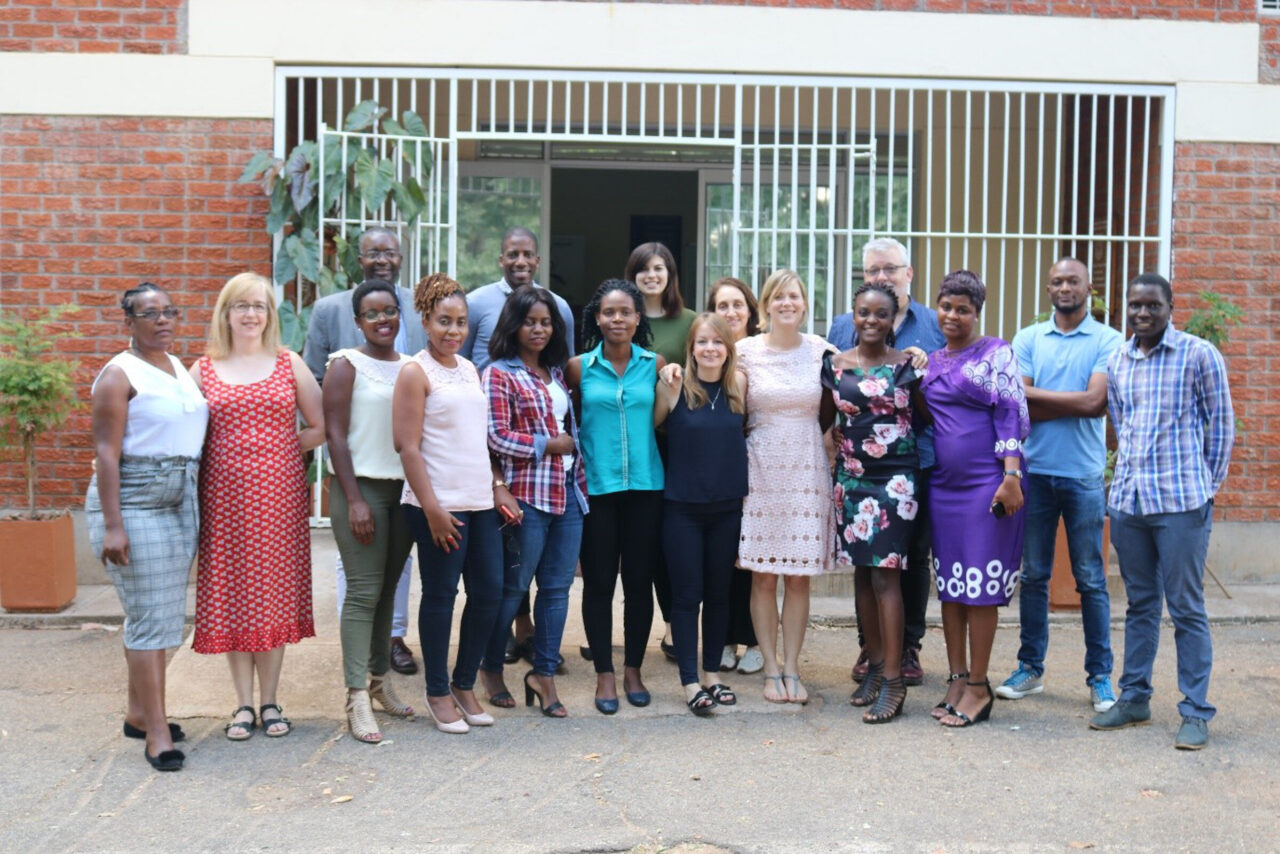

For people living with HIV, taking antiretroviral medication as prescribed on time each day is critical for viral suppression and survival. However, there are many barriers to good adherence and one of the most impactful is depression. Worldwide, depression is twice as common in those living with HIV as in those not infected with this virus. A particular obstacle to depression in low-resource settings is the lack of mental health specialists and treatments. However, there is a well-established infrastructure for HIV care in sub-Saharan Africa which could provide an excellent platform to integrate mental health care, building on the skills of existing HIV care staff.
 The TENDAI study is a clinical trial which aims to demonstrate how people living with HIV can achieve viral suppression through better approaches to adherence counselling, and through improving mental health. Problem-solving therapy for adherence and depression (PST-AD), is delivered over six weekly sessions. It has a motivational approach and teaches people to become good problem solvers and to apply these skills to their barriers to adherence and to improve their ability to cope with stressful life experiences. The intervention prioritises task-shifting, with existing counsellors and nurses as interventionists trained specifically in the intervention.
The TENDAI study is a clinical trial which aims to demonstrate how people living with HIV can achieve viral suppression through better approaches to adherence counselling, and through improving mental health. Problem-solving therapy for adherence and depression (PST-AD), is delivered over six weekly sessions. It has a motivational approach and teaches people to become good problem solvers and to apply these skills to their barriers to adherence and to improve their ability to cope with stressful life experiences. The intervention prioritises task-shifting, with existing counsellors and nurses as interventionists trained specifically in the intervention.


Impact
If successful, TENDAI could make a critical difference to the health, quality of life, and survival of people managing the challenges of HIV treatment in Zimbabwe, and potentially other countries in sub-Saharan Africa.
The team’s work is already having policy impact, being included in the December 2018 Joint United Nations Programme on HIV/AIDS (UNAIDS) report about HIV and mental well-being. TENDAI research was mentioned in the context of the UNAIDS 90-90-90 goals which aim to bring an end to the global AIDS epidemic by 2030. TENDAI is also highly relevant to the fourth “90”; improving the quality of life for people living with HIV.
‘TENDAI is an excellent opportunity for collaboration between the Zimbabwe Ministry of Health and Child Care and researchers from different backgrounds, to explore and find interventions that are context-relevant to address depression and poor adherence for those with HIV who are virally non-suppressed’; Dr Tsitsi Apollo, Deputy Director AIDS and TB Unit, Ministry of Health Zimbabwe.

Funder
National Institute of Mental Health (NIMH)
Project Team
- Prof Melanie Abas (Principal Investigator) – King’s College London
- Dr Conall O’Cleirigh – Massachusetts General Hospital
- Dr Kimberly Goldsmith – King’s College London
- Dr Barbara Barrett – King’s College London
- Dr Walter Mangezi – University of Zimbabwe
- Prof James Hakim – University of Zimbabwe
- Rebecca Jopling – King’s College London
- Prof Steve Safren – University of Miami


